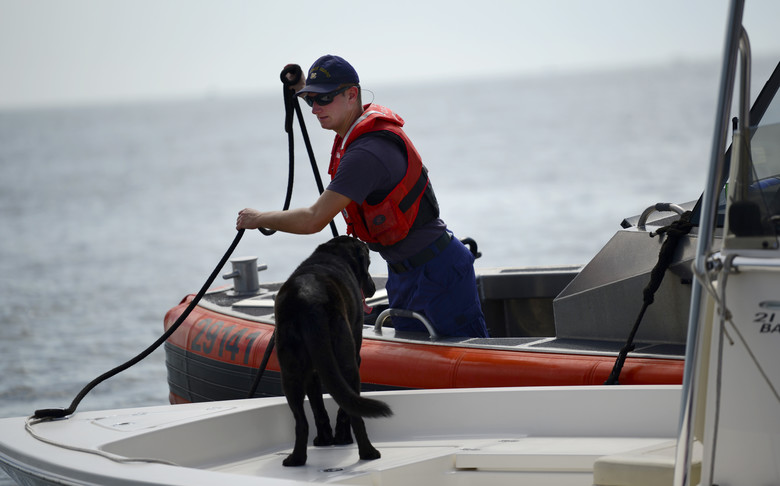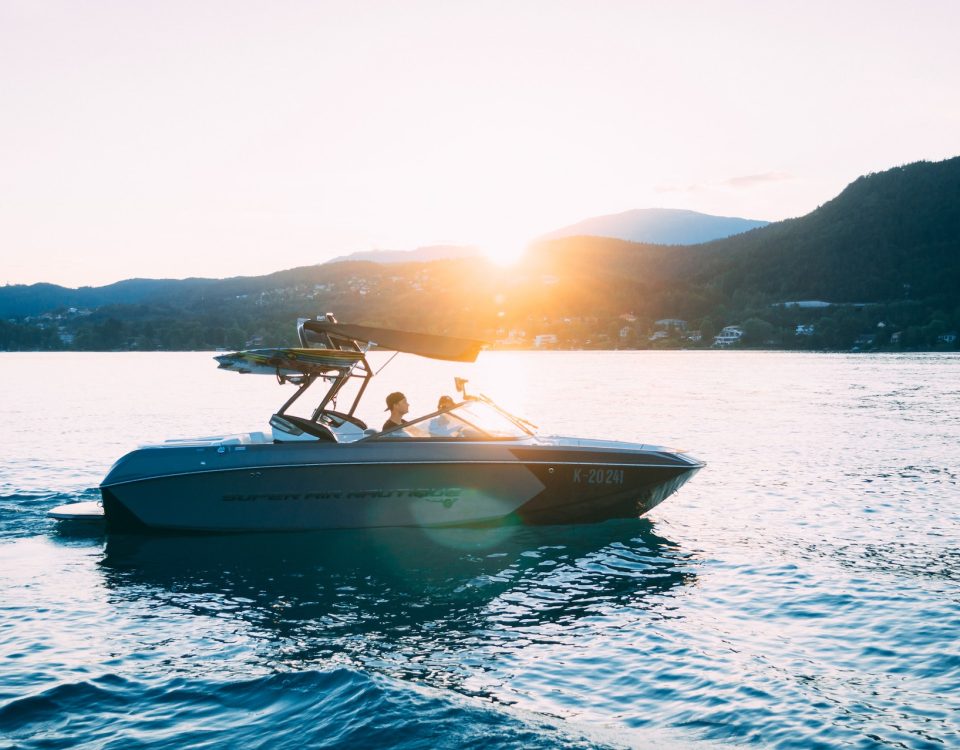6 Mistakes that Can Make You Fail Your DZ License Test
December 21, 2018Emergency School Bus Handling Tips for Bus Drivers
January 7, 20198 Common Boating Mistakes You Must Avoid
People when taking up boating wish to have the most out of their boating experience. In the interest of enjoying their boating experience, people tend to overlook some rules and regulations and end up in trouble. For many, such things are believed to be rookie mistakes but even the experienced boaters are caught off-guard with them.
Thus, we being boating license experts in Ontario, have mentioned a few mistakes that you should avoid while cruising through or around the waters of Canada. These will help you in saving your boat as well as your reputation as a boater.

1. Unprepared for Emergencies
Solo trips surely sound fun but you should always let your close ones know about your whereabouts and plans. This is also known as a float plan. This helps the rescue team to find and reach you quicker, in case of severe situations.
Emergencies can be in any form and you should be prepared. If you are travelling with guests or passengers, make sure that they are wearing their life jackets, all the time. Also, be prepared with your communications equipment and first aid kits.
2. Drinking While Boating
It is illegal. Never mix your drinks with boating. It is a criminal offence to have 80 mg of blood alcohol concentration. Some of the states even have a penalty, similar to a DUI! Surely you can drink on the boat, but be sure to meet the following criteria in order to avoid any mishaps on water:
- Having Permanent cooking facilities on the boat
- Fixed accommodation on board
- Anchoring the boat and securing it beside the dock
3. Not Putting a Boat Drain Plug
This is very crucial. Drain plugs help you keep your boat above water by not letting the water inside your vessel. Many sailors make this mistake and end up having a boat filled with lake or sea water and some startled passengers.
4. Not Enough Intel on Waters
Before leaving your dock, be sure on where you are headed. Therefore, plan your trips way ahead before leaving. Keep your nautical charts with you and check where you are going. This will prevent you from getting lost.
Also, try asking some experienced boaters and sailors about the waters and place you are going. It will help you in understanding the local situation of the foreign waters and avoid approaching hazards. Have all the intel before you begin with your travel. Just like mandatory boating license in Ontario, many countries have their own boating regulations and rules. Check them if you are going on foreign waters!
5. Line-wrapped Propellors
This is a big problem. The line wrapped propellors are great till the time they are spinning, but is that so? We have observed that the fishing line can cut through the seal and let the oil out and water in. This can hamper the motor greatly. Thus, when you notice this phenomenon, you need to take care of it immediately and kill the motor. Try to cut the tangle with a pair of scissors or a knife.
6. No Proper Anchoring
You need to have enough line for a proper anchoring. There are many who while anchoring, believe that they have anchored perfectly but suddenly find themselves drifting away from their spot. This is surely a problem for someone who has found a perfect spot for fishing and has slowly drifted away from it. It will waste your time and efforts. Always remember, you need five to seven times longer rope, compared to the depth of water, while anchoring.
7. Spilling Fuel
Spiling the fuel is not only bad for your wallet but is bad for the water, as well as the fishes. Spilling of fuel is a quite common accident. If you have a spillage on the Canadian coast, you can contact the Canadian Coast Guard. They have 24-hour hotlines that promptly respond to these marine pollution incidents.
8. Ramming with The Dock
Docking is a challenge, not only for the novice but with the most experienced sailors as well. It depends on many factors but mostly wind and weather conditions. To avoid ramming your boat on the dock, try to slow down when approaching it. It is a skill that you will only acquire with practice, so just try to practice before leaving.
Want to Learn More?
Boating is all about following the etiquettes and guidelines. You can learn all that and more with a program on acquiring boating license in Ontario. Get in touch with S&A Sprint Driving to have a cohesive approach towards getting a boating license in Ontario. Call us at 416 222 4190 or drop us a mail on [email protected] to inquire more about our courses.
Also Read: 10 Tips Towards Safe Boating in Ontario

